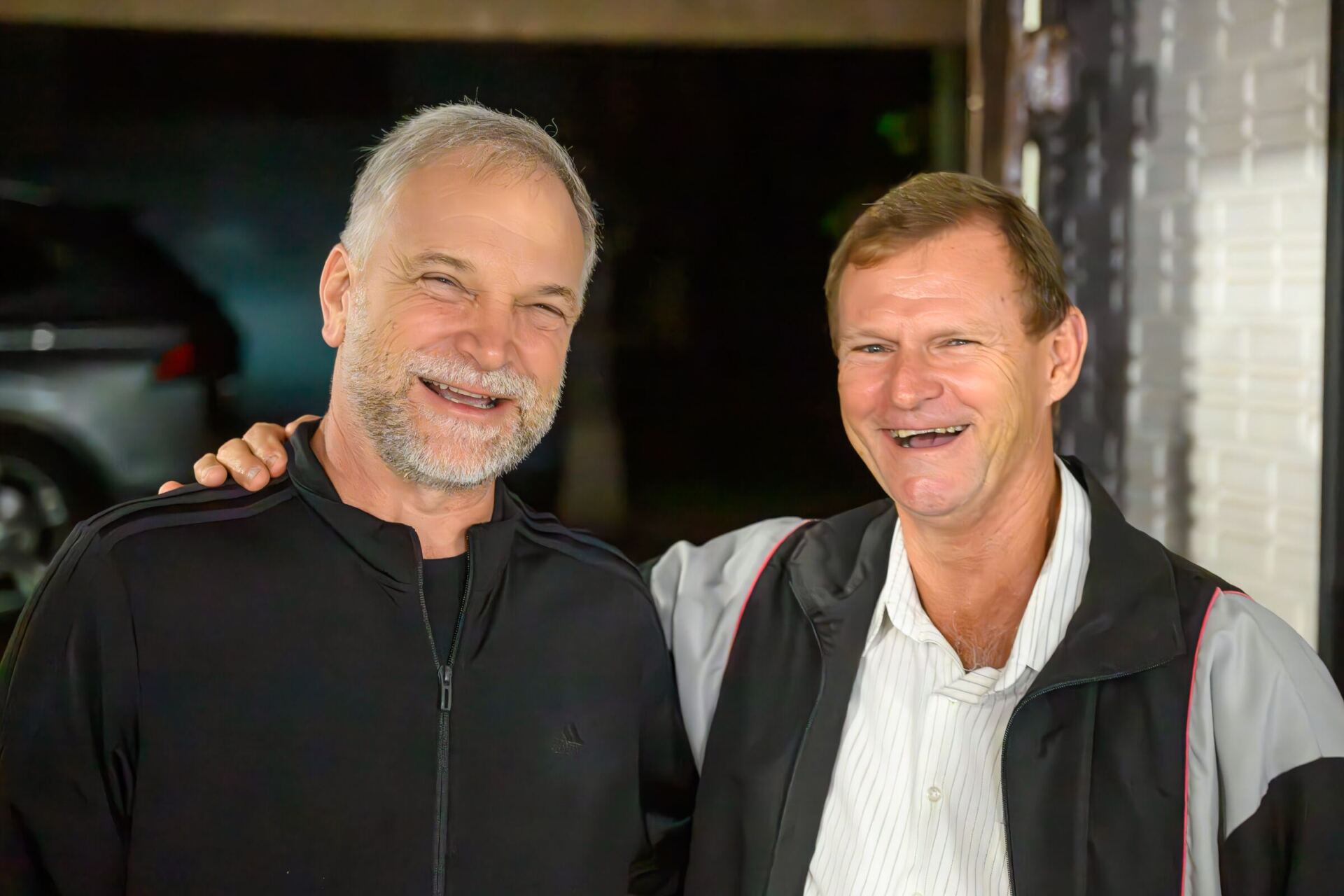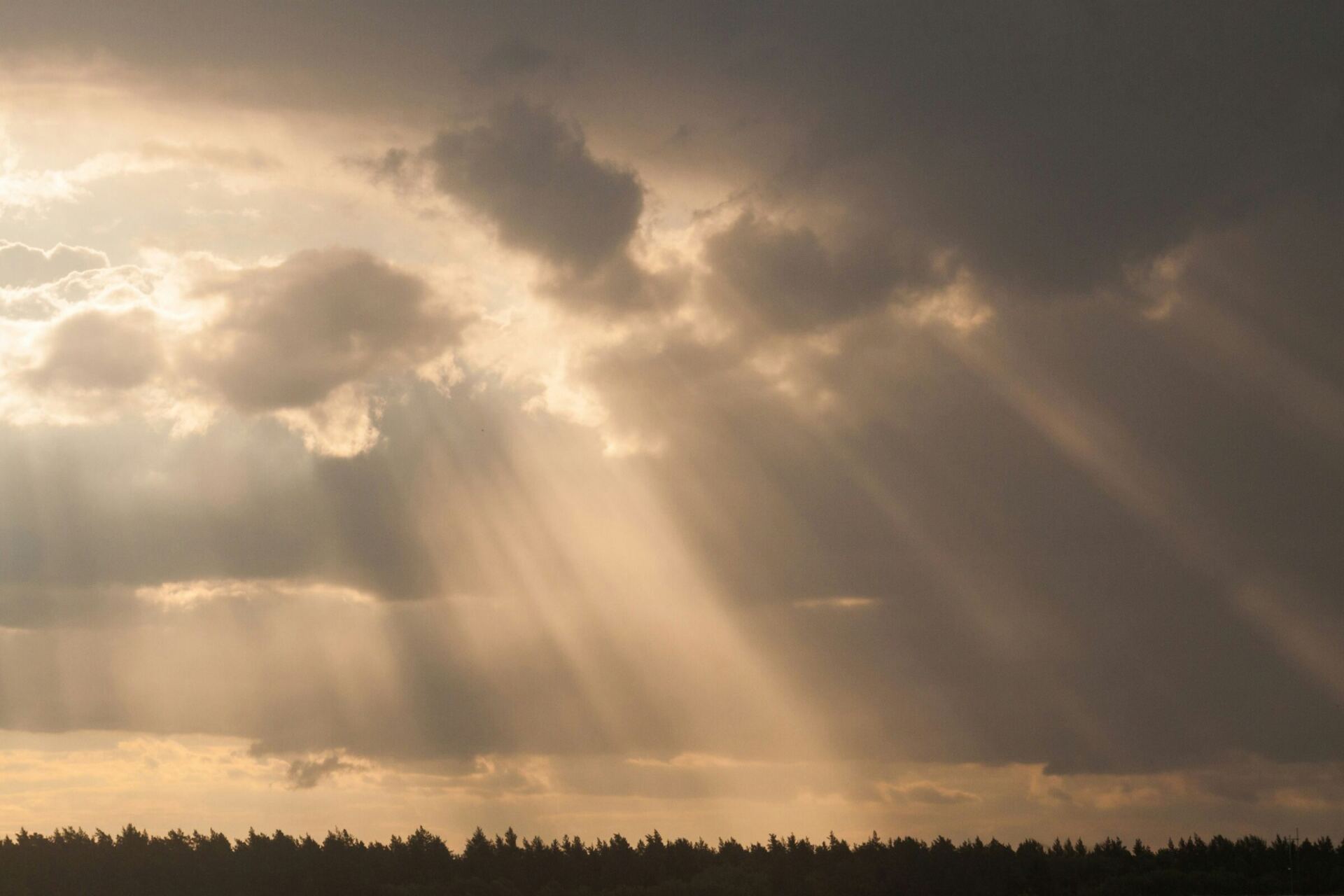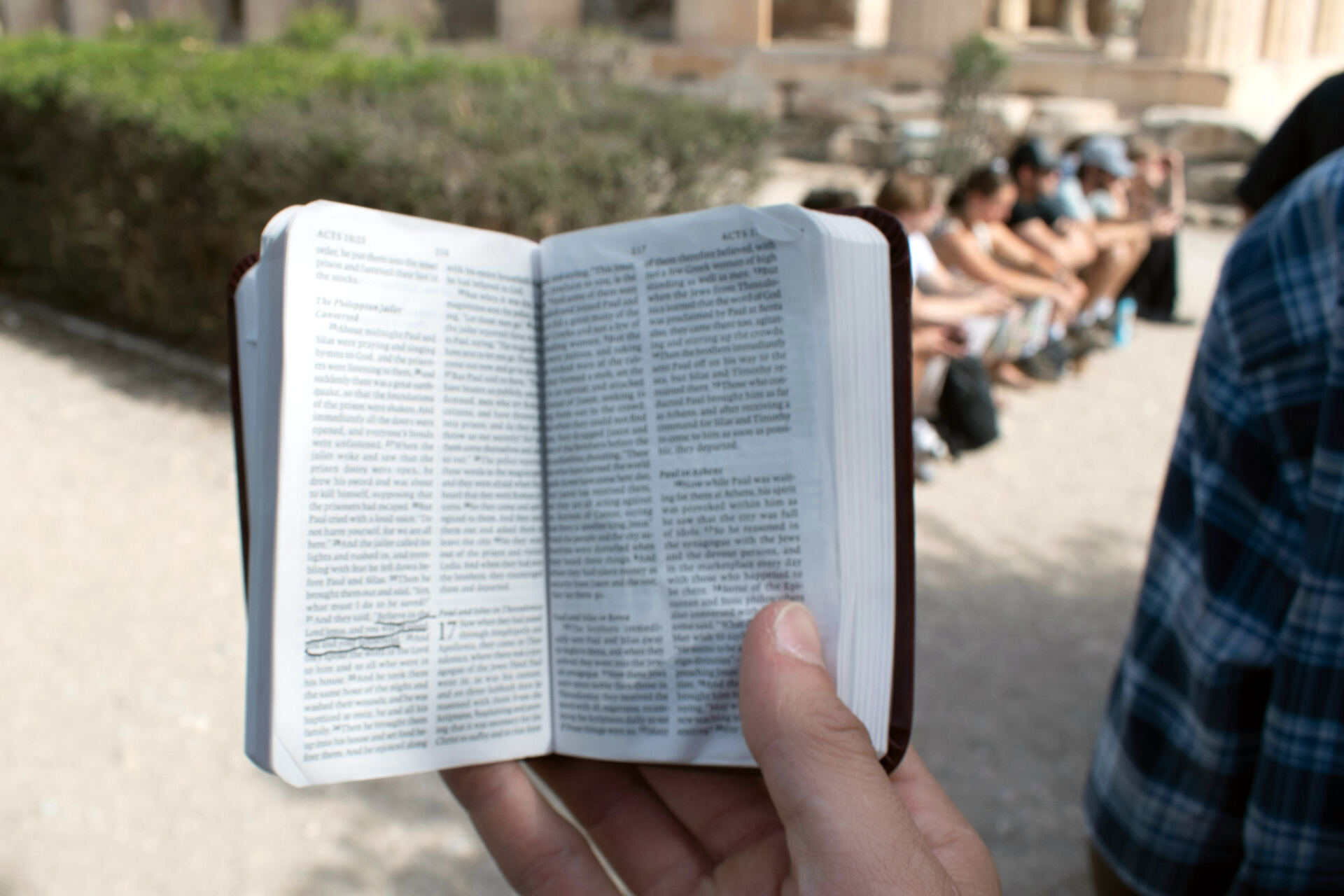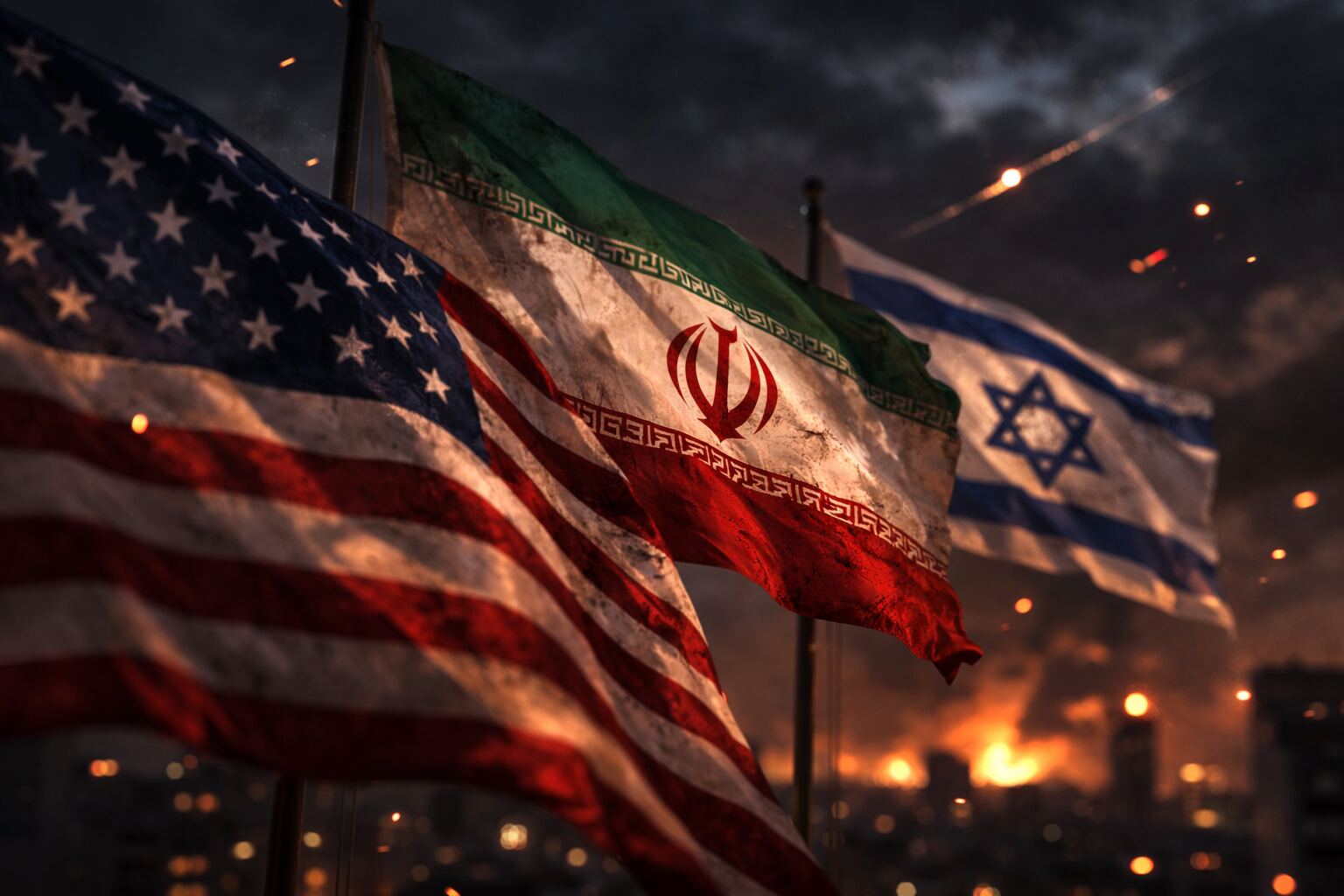“For to us a child is born, to us a son is given; and the government shall be upon his shoulder, and his name shall be called Wonderful Counselor, Mighty God, Everlasting Father, Prince of Peace. Of the increase of his government and of peace there will be no end, on the throne of David and over his kingdom, to establish it and to uphold it with justice and with righteousness from this time forth and forevermore. The zeal of the LORD of hosts will do this.” (Isaiah 9:6-7 ESV)
Isaiah’s words “For to us a child is born, to us a son is given” contain probably the most well-known Old Testament prophecy read during Advent. They hold a prominent place on mantles and on Christmas ornaments, as well as marking one of the most recognizable moments in Handel’s Messiah. These words are imprinted on our hearts and minds, and rightly so as they point to the coming of the One through whom all of God’s promises are yes and amen (2 Corinthians 1:20).
As is often the case with well-known verses, however, those verses immediately preceding or following them can be overlooked or forgotten. While Isaiah 9:6 rightly occupies a treasured place in our consciousness, to stop at “Prince of Peace” leaves much of the significance of the passage still to be enjoyed. This messianic child was not just born and given, but he perfectly carried out his divinely decreed office as Messiah.
As we saw in Genesis 3:15 and Genesis 12:1-3, Jesus’ role as Messiah is the culminating event in 4,000 years of prophecy. When Isaiah says of Jesus that “the government shall be upon his shoulder” and “Of the increase of his government and of peace there will be no end,” our mind should immediately beg the question, “What government?” Governments are not abstract realities that float around the ether; the very constitution of a true government requires both a land and a people. A government under which there is no jurisdiction of land and to which no citizens pledge allegiance is a government in nothing more than name.
Along with the promised child, there is one other name mentioned in these two verses: David. The coming “son” will inherit the throne and kingdom of David, which gives insight into the nature of the government over which he will preside. The throne of David was the throne of the physical Promised Land and the physical nation of God’s covenant people—ethnic Israel; the throne of David’s Messiah would similarly be the throne of the spiritual Promised Land and over the spiritual nation of God’s covenant people—the church.
While David was a man after God’s own heart, Christ is God. While David’s reign was marked by vast wealth and land, “of the increase of [Christ’s] government and of peace there will be no end.” While David’s reign ended, Christ’s will be “from this time forth and forever more.” David’s kingdom was part of the fulfillment of God’s promises made to Abraham (Genesis 12:1-3), but even the grandeur of that kingdom faded to dust, and the glory of Israel during the reigns of David and Solomon only extended to a comparatively small area of the Ancient Near East.
Isaiah is pointing to a government and kingdom that exponentially eclipses David’s in two specific areas: time and space. Christ’s kingdom will be an everlasting kingdom (Psalm 145:13), and it is through Christ that God’s promise to David that his house and kingdom would endure forever (2 Samuel 7:16) is fulfilled. Jesus, who is “the son of David, the son of Abraham” (Matthew 1:1), is the royal son, born to rule forever over his kingdom. The kingdom of Christ will have no end date in the annals of history. To eternity future, Christ will sit on the throne and rule over his people with peace, justice, and righteousness.
Christ’s kingdom will also extend across the earth to all nations. As God promised that Abraham’s offspring would be a blessing to the nations, Christ is that blessing to the nations. This expansion of God’s kingdom is central to the work of missions. While some “God-fearers” were grafted into ethnic Israel throughout the Old Testament, the nations were still broadly excluded. The Messiah that Isaiah is prophesying is the Messiah for Jews and Gentiles. Missions is the pursuit of the church precisely because there will be no end to the increase of Christ’s government.
The sacrifice of Christ on the cross secures, for every single elect individual, citizenship in this eternal, infinitely increasing kingdom of Abrahamic and Davidic heritage.
Finally, Isaiah says, “The zeal of the LORD of hosts will do this.” This eternal, messianic kingdom is not secured by the might or wisdom of David but by the very zeal and omnipotence of the Almighty. This kingdom cannot fail because its creation and preservation rests wholly upon the power and promise of God.
As the Apostle John said in his vision, “The kingdom of the world has become the kingdom of our Lord and of his Christ, and he shall reign forever and ever” (Revelation 11:15).
Prayer:
Heavenly Father,
It is an immeasurable privilege to be citizens of the kingdom of the one who was “born a child and yet a King.” Enable us to be faithful servants and to boldly proclaim that all nations belong to Christ.
In his name we pray, amen.
Prayer Requests:
- Tuesday: Pray for missionaries serving in aviation ministry in Brazil.
- Wednesday: Pray for missionaries ministering to the deaf in Peru.
- Thursday: Pray for the ongoing ministry of Riches of Grace University in Moldova.
- Friday: Pray for missionaries serving with Care for the Children as they provide disaster relief, orphan care, and other services to children.
- Saturday: Pray for missionaries doing theological education in South Asia.
- Sunday: Pray for missionaries who are serving in new church plants.
- Monday: Pray for missionaries who are using business as missions.






